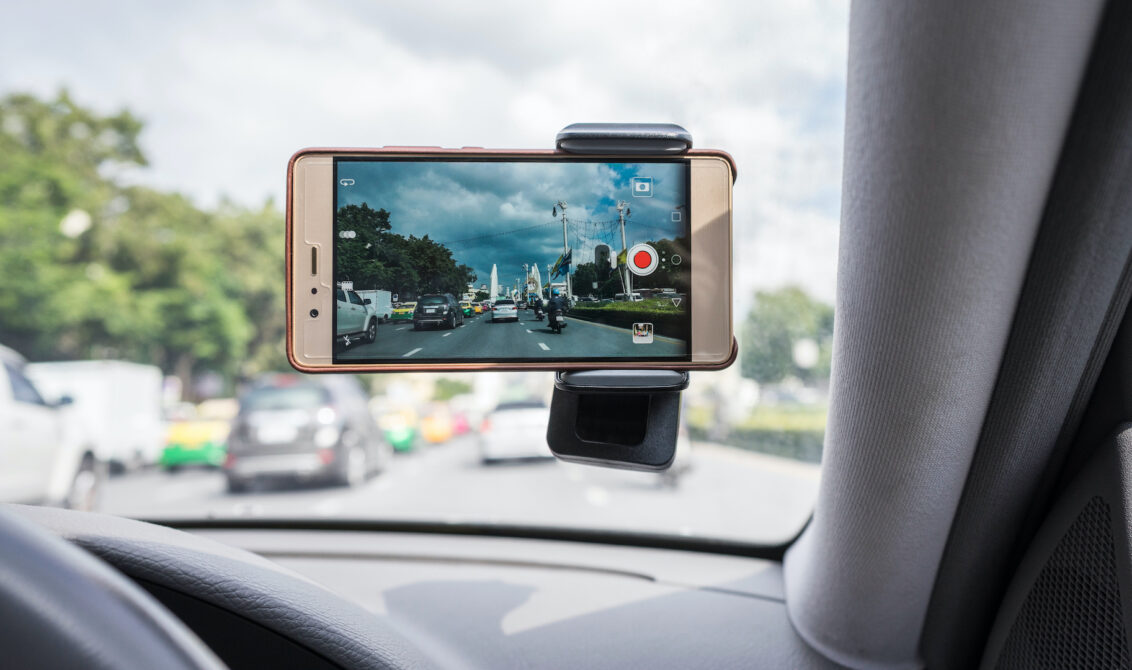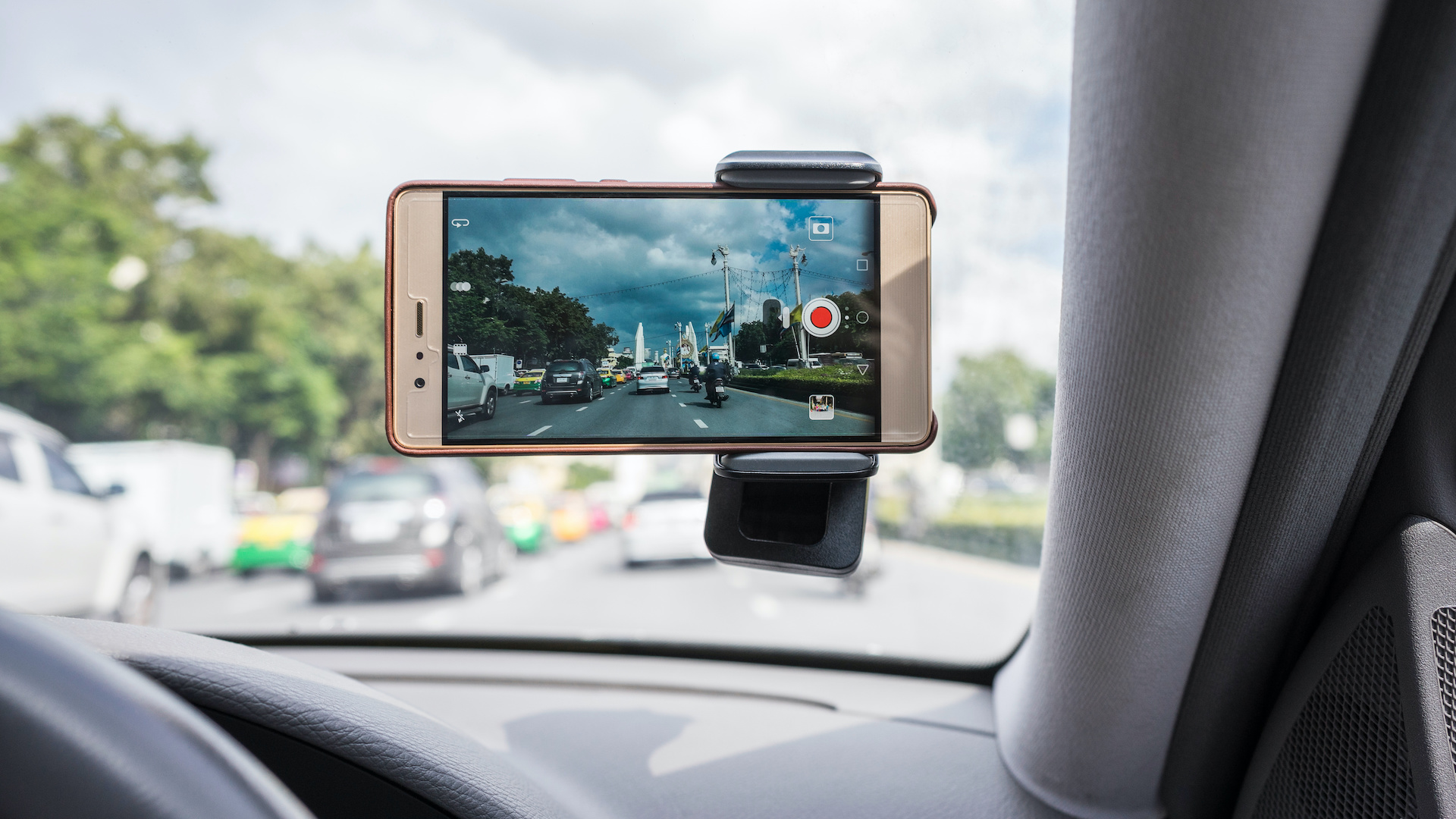The gig economy is growing –– and even thriving. As the market goes from mass layoffs and uncertainty, people are turning to the gig economy and freelancing to create fulfilling jobs and lives for themselves. They’re not tied to one employer but are willing to work with multiple in order to find different projects.

Some analysts have predicted that in the next five years, the United States may have more gig workers than non-gig workers. With the right conditions and skills, these workers will have a better work-life balance, more control over their lifestyle, and more control of their time.
A key factor to keep in mind is that being a gig worker comes with a unique set of complications. Most employers don’t provide standard safety nets for their gig workers, especially not part-timers. However, there may be an unlikely partner in keeping gig-workers who are on the road protected – dash cams.
Gig workers can start implementing a dash cam on their phones and experience the following benefits:
Improve communication with employers
Most gig workers need a smartphone to communicate with bosses or check apps they use for their jobs. If a worker is in between locations for work, it can be challenging for a gig worker to report accidents as a non-staffer. This could put them or their company at risk of misinformation and a gig worker at risk of losing money for some time if their vehicle or physical health is hurt.
Some gig workers work paycheck to paycheck, so an accident could easily put them in the red without the proper protections. This is where dash cams, a camera mounted on a car’s dashboard that records road conditions and events while driving, come in. Workers can record their commutes and have an extra eye on the road.
Provide proof for accident insurance claims
Most gig economy workers use personal vehicles and their own insurance and need to provide their own safety measures. Accidents frequently happen on the road, with 12.15 million vehicles involved in traffic crashes and 4.8 million crashes involving property damage in 2019 alone.
Accidents only increased during the pandemic. Though fewer people were technically on the road, many drivers were distracted, leading to more accidents than usual. This means that many gig workers commuting between different jobs or project sites and their homes are at a heightened risk and need to stay safe.
Monitor and reduce harassment
A Pew Research Center study found that gig workers of color in the U.S. were more likely than their white peers to report feeling unsafe, sexually harassed, and exposed to health risks while on the job. In fact, “41% of non-White gig workers say they have at least sometimes felt unsafe while completing jobs, compared with 28% of those who are White.”
Non-White gig workers often fear speaking up and losing access to work, so they tolerate harassment. Now, through two-way dash cameras, gig workers can have extra protection for reducing harassment in their vehicles and collect video evidence of incidents to share with employers, law enforcement, or their loved ones.
As the gig economy workforce grows, it is time to implement protections to keep each other safe on the road. Gig economy workers no longer need an expensive car to achieve these features and benefits of dash cams as it can be as easy as downloading an app on your smartphone to help you feel protected when on the road.
Rashid Galadanci is CEO of Driver Technologies, an AI-based mobility tech company that delivers a safer driving experience, which he co-founded in 2018. Rashid was inspired to start Driver Technologies to share the benefits of advanced vehicle technologies without barriers to access and improve safety for everyone. He is also a Venture Partner at The Social Entrepreneurs’ Fund, and a Director at Pigeonly. Rashid holds a B.A. in Political Economy from Dartmouth College and is based in the New York City metropolitan area.
© YFS Magazine. All Rights Reserved. Copying prohibited. All material is protected by U.S. and international copyright laws. Unauthorized reproduction or distribution of this material is prohibited. Sharing of this material under Attribution-NonCommercial-NoDerivatives 4.0 International terms, listed here, is permitted.














